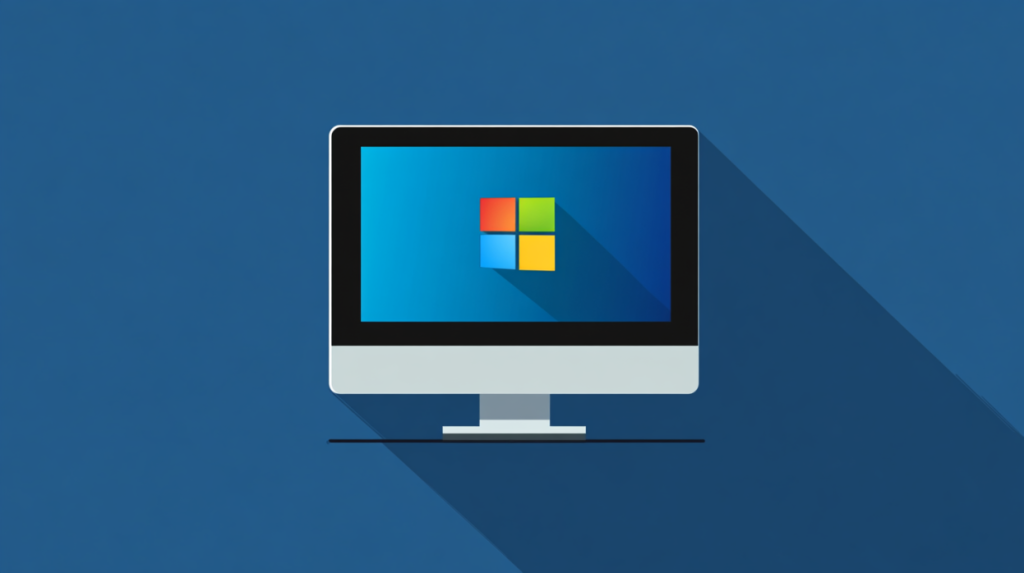Microsoft Unveils Innovative AI ‘Agents’ That Could Revolutionize Your Work Experience and Compete with Google’s Market Lead

Microsoft Expands Its AI Offerings with New Copilot Features
Microsoft has recently unveiled significant advancements in its artificial intelligence (AI) tools, introducing the “Microsoft 365 Copilot Wave 2 Spring release.” This update features new AI agents designed to support users in the workplace by tackling complex tasks through advanced reasoning capabilities.
A New Vision for AI in Workplaces
In an interview with VentureBeat, Aparna Chennapragada, Microsoft’s Chief Product Officer, explained that the company’s goal is to redefine the role of AI. Rather than just serving as a tool, they envision AI as a vital collaborator in daily tasks, enabling workers to harness its full potential.
Chennapragada emphasized the momentum toward this transformative vision, stating, "We are around the corner from a big moment in the AI world." The shift towards integrating AI in workflows appears to be reflected in Microsoft’s recent research published in their 2025 Work Trend Index. This study surveyed 31,000 workers across 31 countries and highlighted the emergence of "Frontier Firms"—organizations reshaping their operations around AI-enhanced collaboration.
Introducing New AI Agents: Researcher and Analyst
At the heart of Microsoft’s recent announcement are two new AI agents named Researcher and Analyst. These agents are powered by OpenAI’s deep reasoning models and are designed to handle intricate research and data analysis tasks more efficiently.
Chennapragada likened these agents to having a highly skilled researcher and data scientist at your fingertips. For instance, she shared an experience where the Researcher agent assisted her with a business review by compiling relevant information such as past emails and meeting notes, leading to insights she hadn’t considered before.
These agents will be accessible through a new Agent Store, allowing users to find AI tools from Microsoft as well as partners like Jira and Trello, making the resources even more versatile for users.
Copilot: More Than Just a Chatbot
Microsoft is enhancing its Copilot functionality to serve as an essential component in organizing AI interactions within the workplace—akin to a browser for the web. Chennapragada believes Copilot will revolutionize how individuals interact with AI, moving beyond chat interfaces.
New features like Copilot Notebooks will enable users to base their AI interactions on specific sets of files and notes, while a Copilot Search function will enhance enterprise-wide search capabilities. Chennapragada pointed out that current AI interactions often resemble outdated methods, stating, “Sometimes I feel like we’re in the DOS pre-GUI era.”
To further capitalize on AI’s potential, Microsoft plans to integrate image generation capabilities, allowing employees to create brand-compliant images quickly.
Addressing Employee Burnout and Interruptions
Through their research, Microsoft identified a pressing issue known as the "Capacity Gap." Around 53% of business leaders believe productivity should improve, yet 80% of workers report a lack of time or energy to accomplish their tasks. This gap is exacerbated by the fact that employees face approximately 275 interruptions daily from meetings and communications.
Chennapragada sees this as a call for AI to supplement human effort rather than replace it, dispelling fears of job displacement. The study revealed a shift where business decision-makers increasingly want to revamp strategies with AI compared to previous years when adoption was primarily driven by employees.
The Emergence of the ‘Agent Boss’
Looking ahead, Microsoft anticipates a shift within organizations as they begin to adopt what they’re calling "Work Charts." This new structure will enable more dynamic, outcome-oriented teams, with employees managing AI agents to enhance productivity.
The concept infers that each employee will take on the role of an “agent boss,” learning to effectively manage and leverage AI agents to optimize their output. Current findings show that leaders are more familiar with AI agent concepts than employees, indicating a need for better training and implementation.
To support this transition, Microsoft is upgrading its Copilot Control System, providing IT administrators with tools to manage AI agents effectively, ensuring compliance and data security throughout the organization.
AI Adoption Trends and Their Business Impact
The implications of Microsoft’s findings extend beyond enhancing productivity. Research indicates that organizations leading in AI adoption—termed "Frontier Firms"—report significantly better performance and employee satisfaction compared to their competitors.
For small and medium enterprises, these advancements hold the promise of democratizing access to powerful tools, allowing smaller teams to harness capabilities once reserved for larger corporations. Furthermore, while some businesses consider reducing headcounts due to increased automation, many are simultaneously recruiting for roles focused on AI, showcasing the evolving job landscape.
As Microsoft rolls out its innovative AI tools, it could foster not only improved workflows but also fundamentally alter how work gets done in modern organizations.




